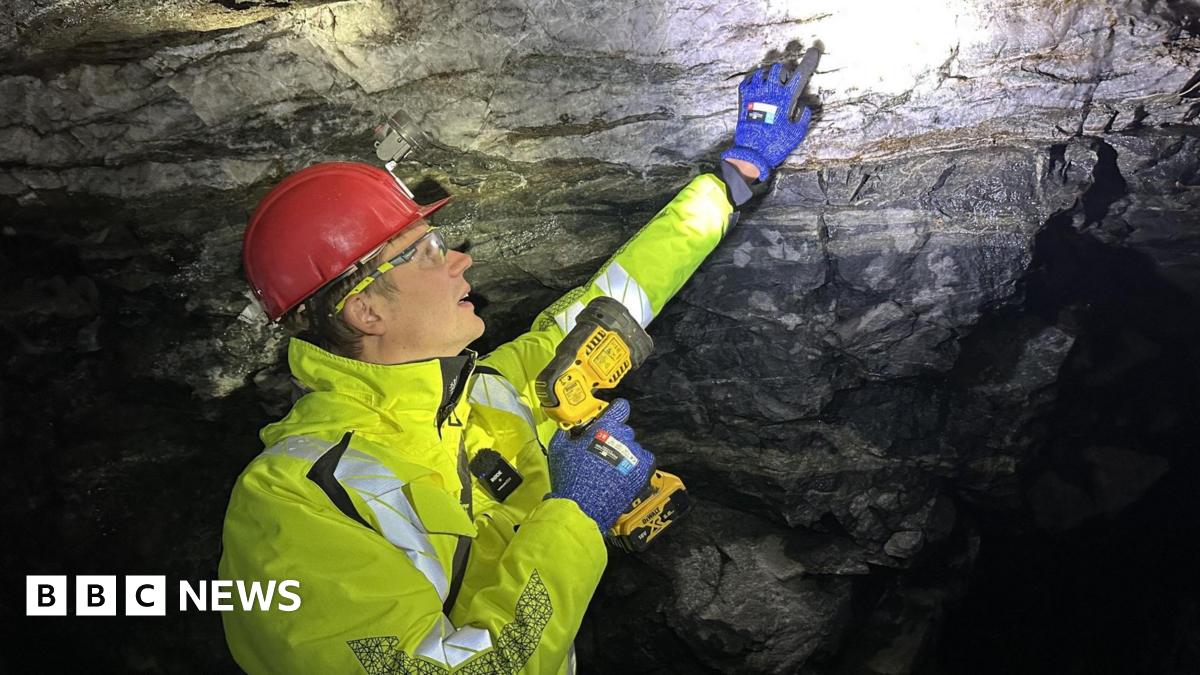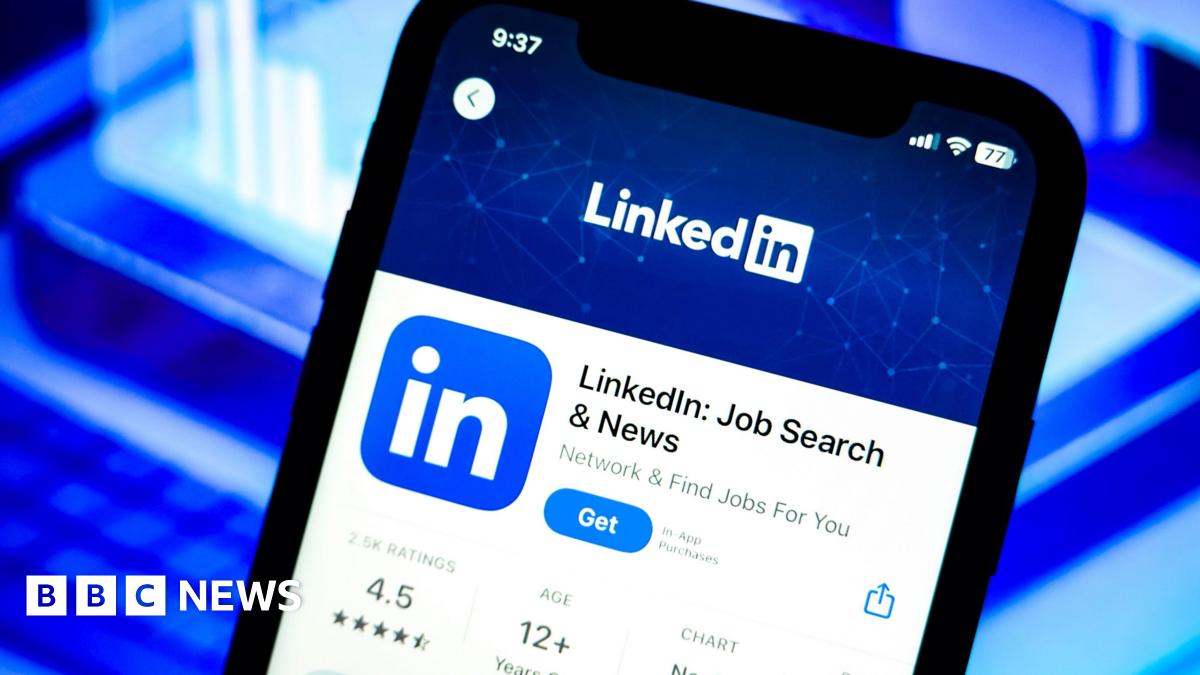Donald Trump vowed to boost the U.S. auto industry by making interest on car loans fully tax-deductible and renegotiating a trade deal with Mexico and Canada as he sought to court business leaders and workers in swing-state Michigan.
“Your car industry is going out of business,” Trump said in an address at the Economic Club in Detroit on Thursday, touting his agenda as one that would revitalize an industry with deep roots in that city. “My goal is to see U.S. auto manufacturing even greater than it was in its prime, and for Detroit and Michigan to be at the center of the action.”
The Republican presidential nominee vowed to invoke the six-year renegotiation provision of the USMCA — a trade deal among North American partners that replaced NAFTA under his first administration — to prevent cars being made by China across the border in Mexico from being sold in the United States.
Trump vowed to impose “whatever tariffs are required” to do so — floating rates as high as even 1000%.
He also pledged to stop Chinese-made autonomous vehicles from operating on American roads — a policy poised to benefit billionaire backer Elon Musk, the head of Tesla Inc., who is competing with the same technology.
Sarah Rice/Bloomberg
“I will stop Chinese and other countries-produced automobile and autonomous vehicles,” Trump said. “The autonomous vehicles I will stop from operating on American roads. I will close the loopholes under Biden and Harris that are beginning to allow Chinese vehicles to creep onto American streets.”
The administration of President Joe Biden and Vice President Kamala Harris, Trump’s general election rival, has proposed a ban on Chinese-made hardware and software for connected vehicles, citing national security concerns around automobile machinery.
Key battleground
Trump’s address in Michigan, one of the seven battleground states likely to determine the outcome of November’s election against Harris, is the latest in a pitched fight between the candidates to court both business leaders as well as blue-collar workers worried about jobs and prices in an election in which the economy is a defining issue.
Both candidates have offered a slew of competing tax breaks and benefits both to spur job creation and help consumers buffeted by high prices.
Trump said his plan to make car-loan interest deductible would “stimulate massive domestic auto production, and make car ownership dramatically more affordable for millions and millions of working American families.”
The former president also touted a proposal to help small businesses afford work vehicles by doubling the amount of equipment investment they can deduct to $1 million from $500,000, and a proposal to write off automakers’ costs for heavy machinery and other equipment.
“This will be great for small businesses and great for Ford and General Motors,” Trump said of his proposals. “We’ll sell cars and trucks and work vans like never before.”
Detroit, where Trump spoke, is known as the Motor City with auto manufacturing heavy in the region and the industry’s workers pivotal to carrying the state. While the powerful United Auto Workers has endorsed Harris, Trump has made inroads among organized labor’s rank-and-file fueled in part by worries about Biden’s push to transition the US to electric vehicles and the impact it will have on jobs and wages.
Democrats seized on one of Trump’s remarks at the event, disparaging the battleground state’s largest city.
“Our whole country will end up being like Detroit if she’s your president,” Trump said.
Polls show a tight contest in Michigan, with a Bloomberg News/Morning Consult survey in September finding Harris up by 3 percentage points, 50% to 47% over Trump among likely voters in the state. Swing-state voters across the seven battlegrounds say they trust Trump more than Harris on handling the economy but the vice president has managed to chip away at his edge on the issue since replacing Biden atop the Democratic ticket.
Trump also touted his vow to lower the corporate tax rate to 15%, but only for companies that manufacture domestically. That move marks a substantial reduction from the current 21% rate. Harris has called for raising the corporate tax rate to 28%.
High inflation
Trump also hit Harris over high prices, a major political liability for his opponent, seeking to capitalize on voter frustration with the administration’s handling of the economy. Bureau of Labor Statistics figures released earlier Thursday showed underlying U.S. inflation rose more than forecast in September.
The Republican presidential nominee also repeated his criticisms of the Federal Reserve, saying the central bank acted “a little too quickly” in their half-point reduction in interest rates last month, and calling it a “political maneuver” to help Harris ahead of the election.
Trump’s comments are the latest in a long-running tussle with the central bank, centered on his charges that the Fed has worked against him and suggesting that presidents should have more sway, despite traditional efforts to insulate the bank’s decisions from political considerations.
The hotter-than-expected inflation in the Thursday report fueled a debate over whether the Fed will opt for a smaller rate cut next month or a pause and saw stocks fall.
Monthly jobs figures released last week showed employment growth topped estimates in September, wage growth accelerated and unemployment declined — offering the vice president a slight boost in her argument that the economy is on an upswing.
A
Credit: Source link











